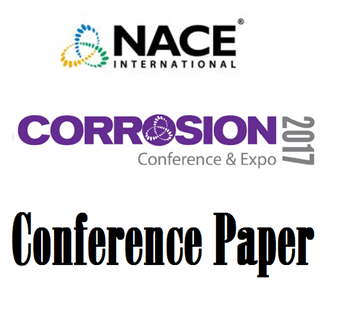Search
51312-01269-BIODIESEL CORROSIVITY AGAINST METALLIC MATERIALS
Also Purchased
51313-02240-Corrosiveness of Biodiesel/Diesel Blends
Product Number:
51313-02240-SG
ISBN:
02240 2013 CP
Publication Date:
2013
$20.00
Material-Biodiesel Compatibility – Survey of Industry Experience
Product Number:
51317--9434-SG
ISBN:
9434 2017 CP
Publication Date:
2017
$20.00
09538 Compatibility of Steel with Biodiesel
Product Number:
51300-09538-SG
ISBN:
09538 2009 CP
Publication Date:
2009
$20.00
Recently viewed




